Livestock markets lure customers ahead of Eid al-Adha
Livestock markets in Pakistan are gearing up for the sale of sacrificial animals ahead of the Muslim holiday of Eid al-Adha.
But this year, high prices are keeping many buyers at bay - for now.
Cattle, sheep, goats and camels from across Pakistan have been relocated to a massive market on the outskirts of Karachi ahead of the pre-Eid sale.
With a population of 20 million - there are several such markets set-up in Karachi ahead of Eid.
But this one, on the main Super Highway into the city, is considered to be the biggest in the city and in the whole of Pakistan.
It's a new year - but with the same complaints from buyers and sellers alike.
Buyers say the prices are too high. And sellers say the prices are too low.
"I have come to buy a cow for myself but I don't think a middle class person can purchase a full cow for himself," says prospective buyer, Kamran Ali.
Mohammad Nawaz, who owns a cattle herd, says he can't make ends meet.
"I purchased some animals six months ahead of Eid for 50,000 rupees (500 US dollars) and raised them with good quality feed. But when I brought them here, the buyers priced these quality animals at 40,000 rupees (400 US dollars), which is below the purchase price," Nawaz says.
Still, sellers are hoping that as Eid gets closer, sales will pick up.
Eid al-Adha, or "Feast of Sacrifice," will be celebrated this year on 6 October and will last for four days.
It marks the occasion when Muslims around the world slaughter livestock in remembrance of Abraham's near-sacrifice of his son, Ishmael.
It follows the end of the Hajj or holy pilgrimage, but is celebrated by all Muslims, not just those who take part in the pilgrimage.
Kamran Ahmed Kahlili, who is Chairman of the Committee on Livestock at the Federation of Pakistan Chambers of Commerce and Industry (FPCCI), says he expects eight million animals to be sacrificed this year.
"That number is made up of around 20 percent goats and sheep and 80 percent large animals, predominantly cows," he says.
The festival is big business in Pakistan.
"If we talk about the value of the activity, the value of animals likely to be sacrificed is around 350 billion rupees, which is around 3.5 billion US dollars," Kahlili says.
And there's money to be made at this time of year by butchers, tanneries and Halal gelatin manufacturers alike.
Traditionally, Muslims slaughter the livestock to give as gifts to family members and the poor, or simply to eat themselves.
Kahlili says a large proportion of the meat goes to people suffering from deprivation, "who hardly get meat during the year."
You can license this story through AP Archive: http://www.aparchive.com/metadata/youtube/bb75ac6d6ae7cf835a43fc75378f6e5f
Find out more about AP Archive: http://www.aparchive.com/HowWeWork
-
categorie












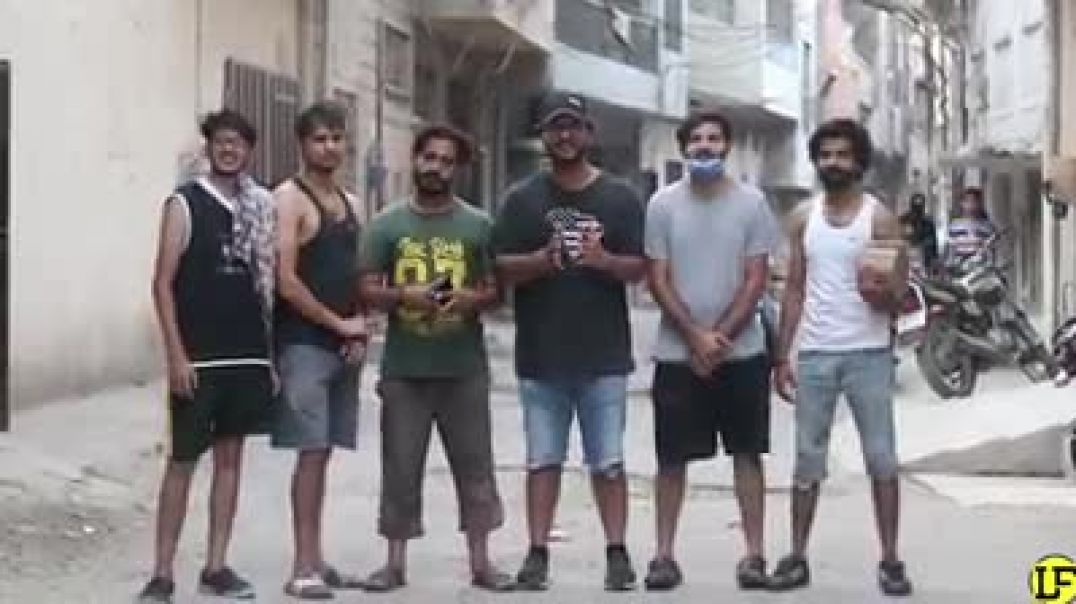
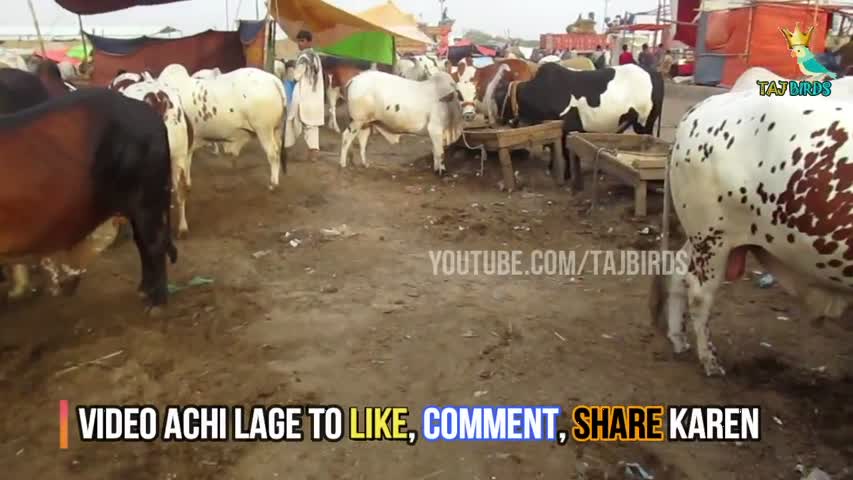
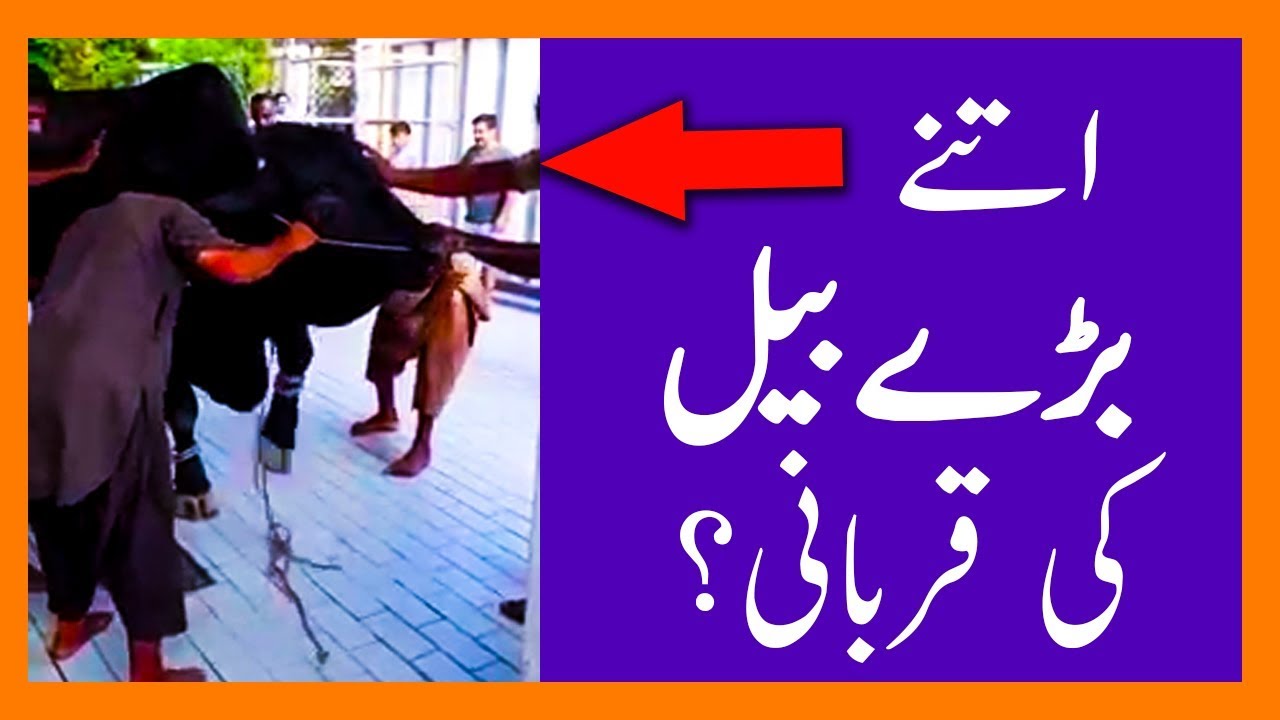
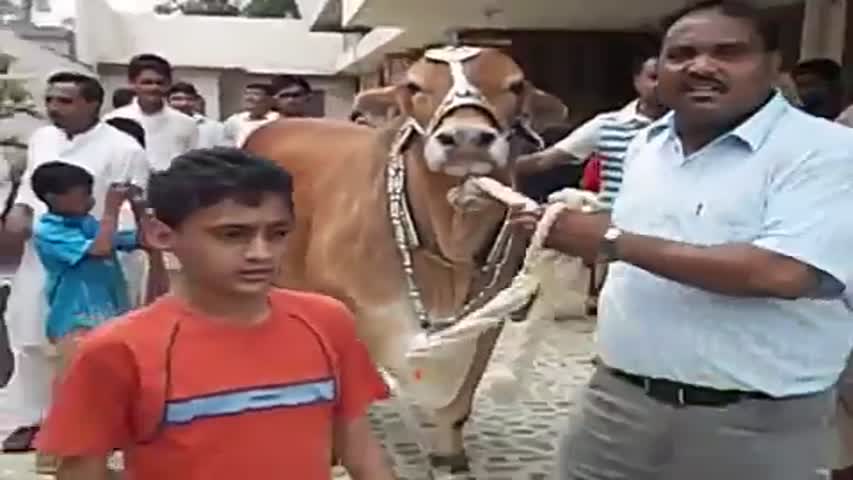

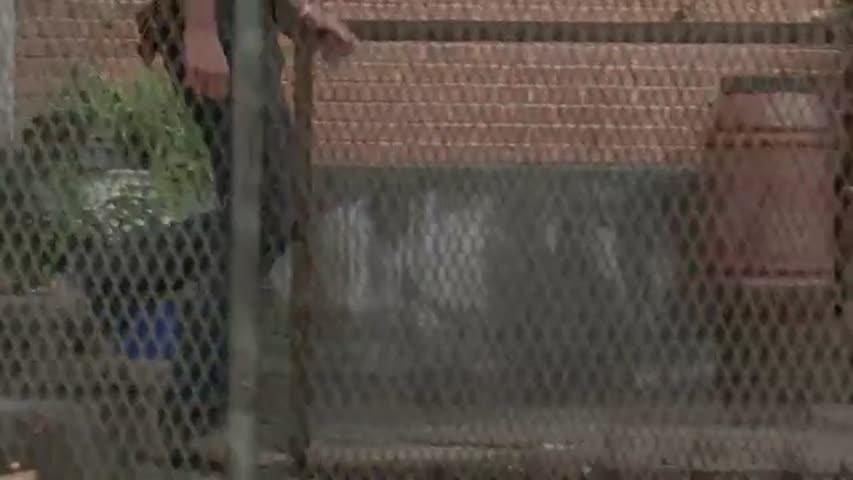
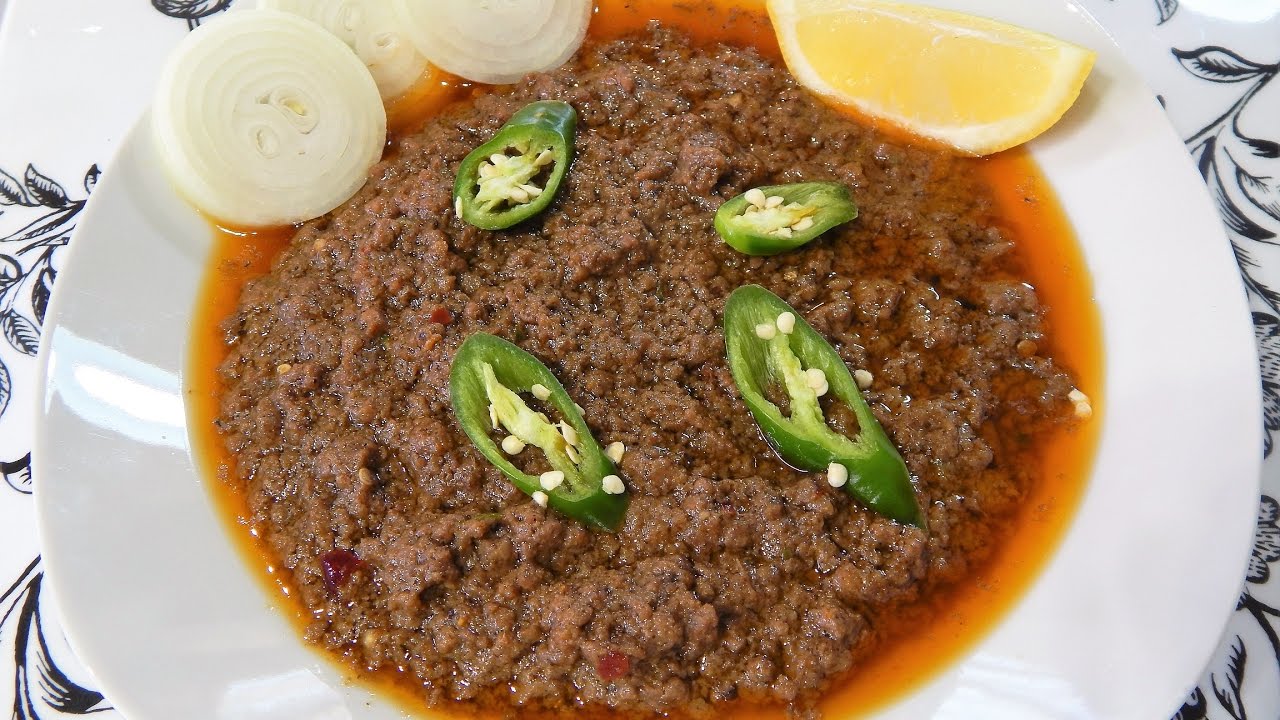
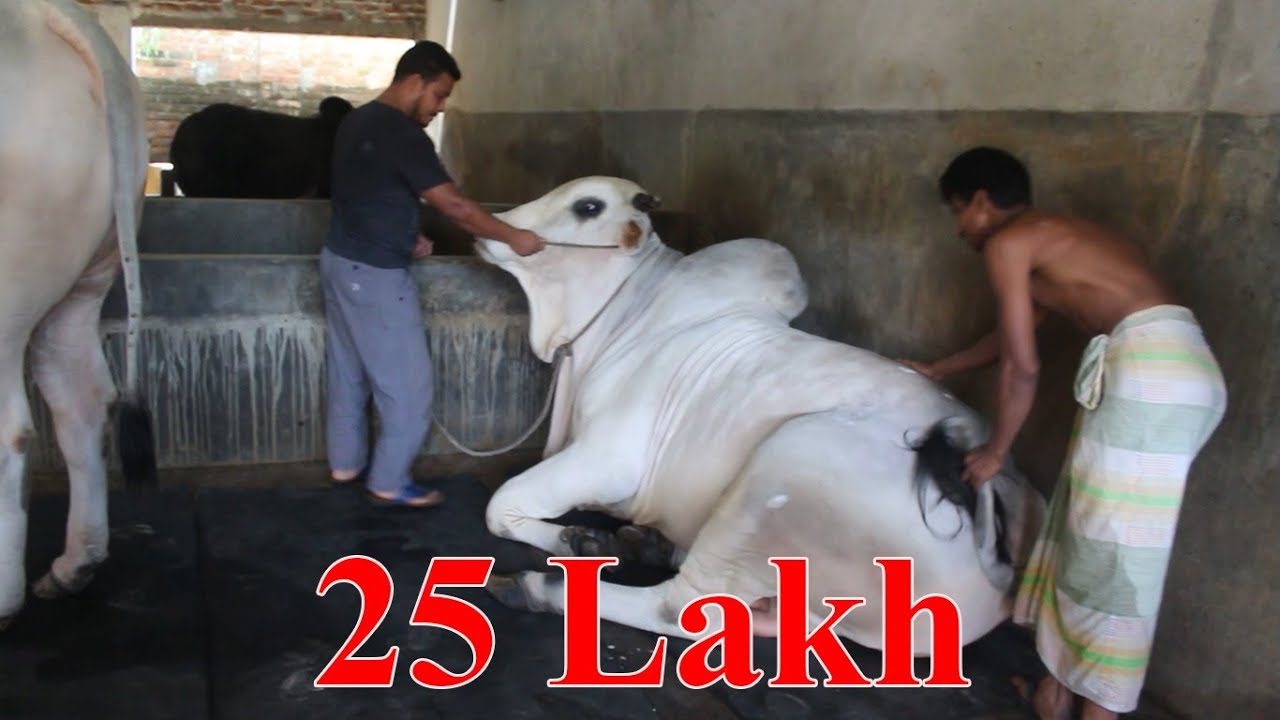
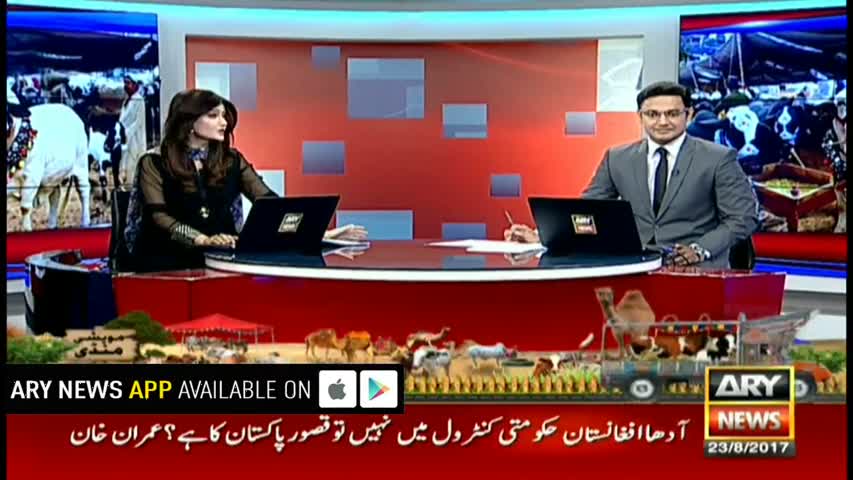
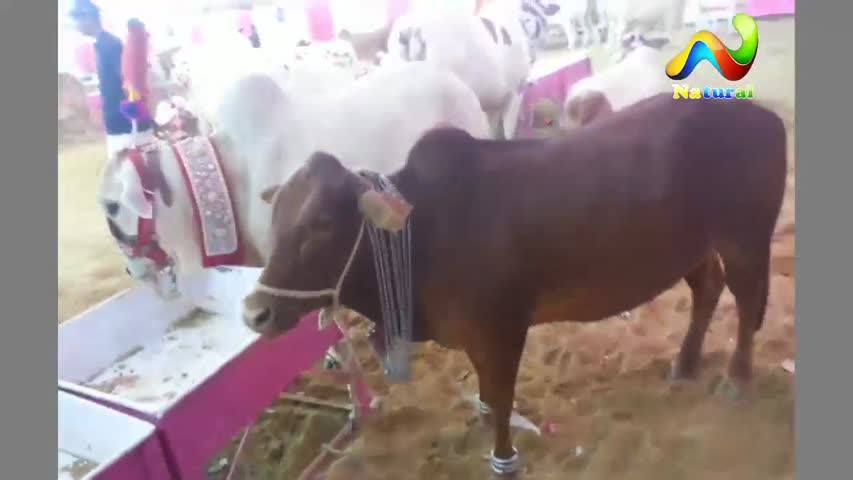
Geen reacties gevonden